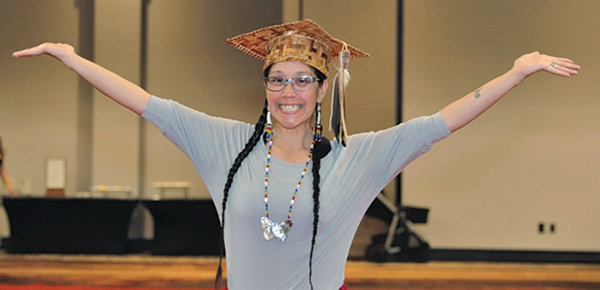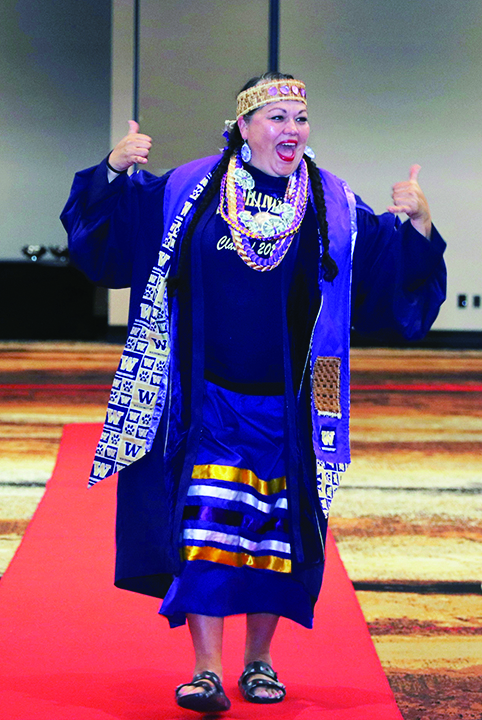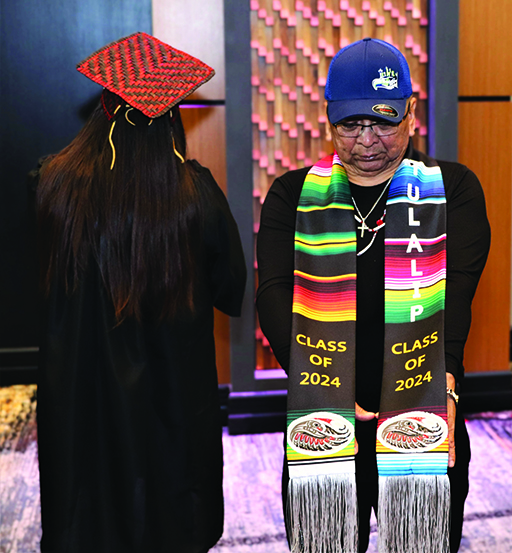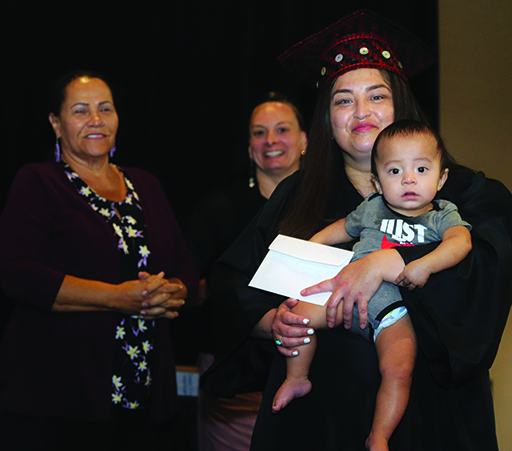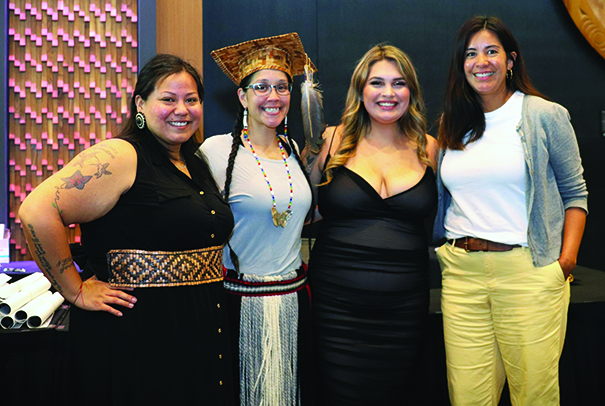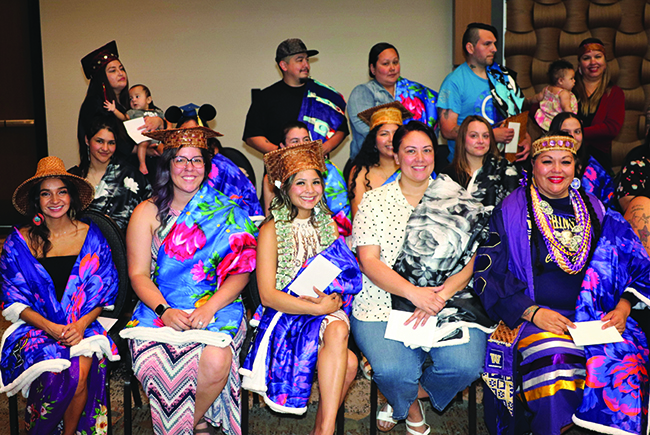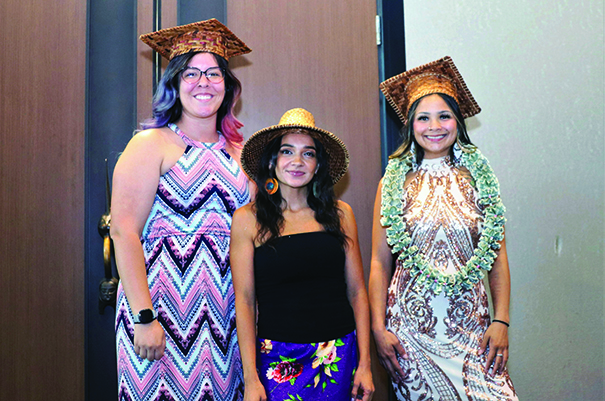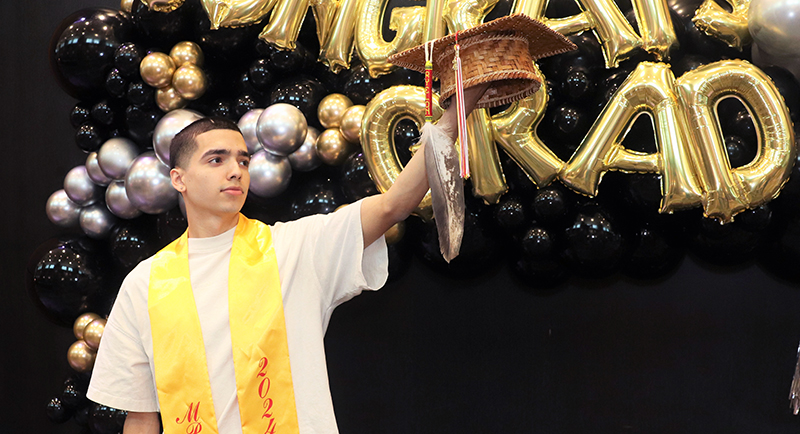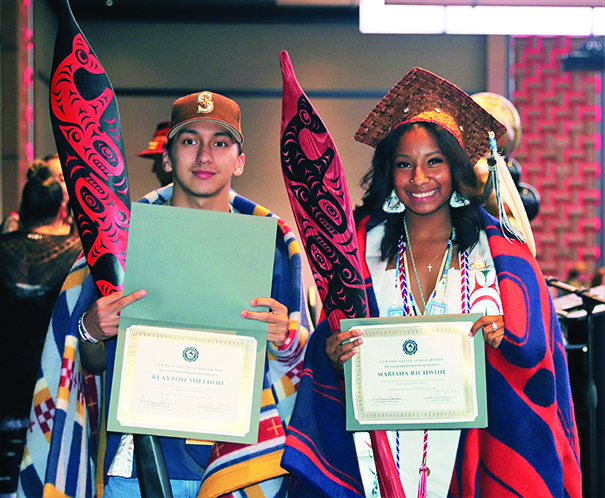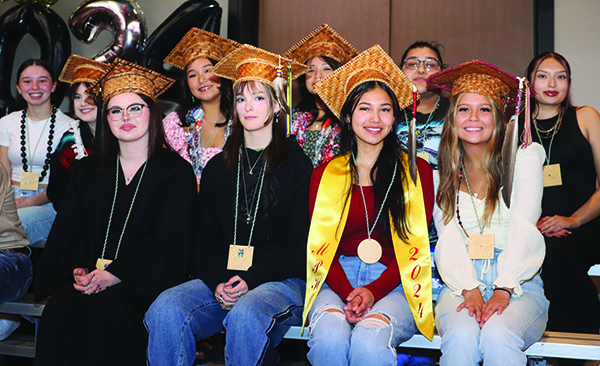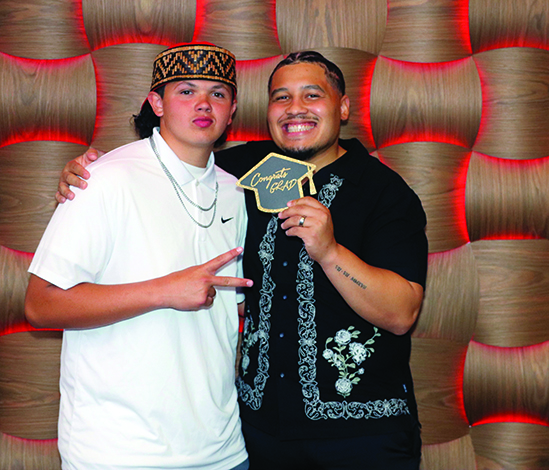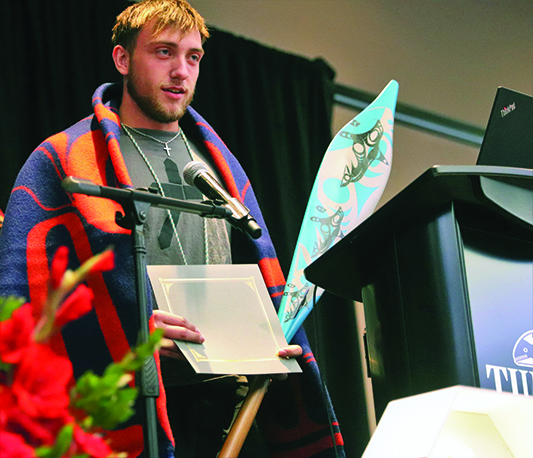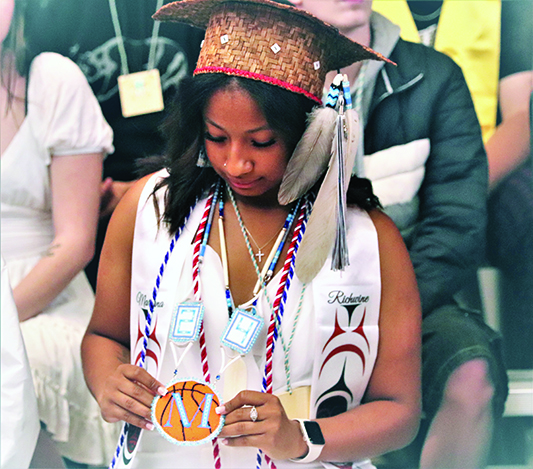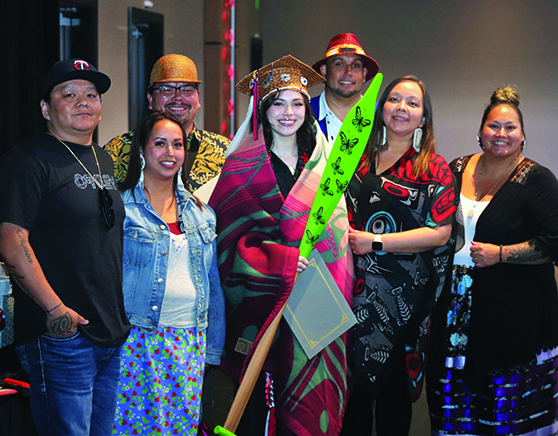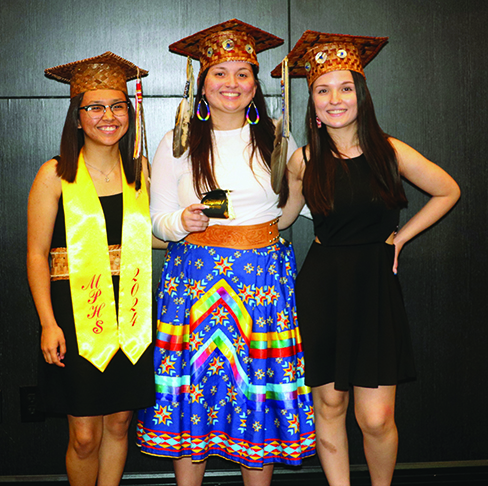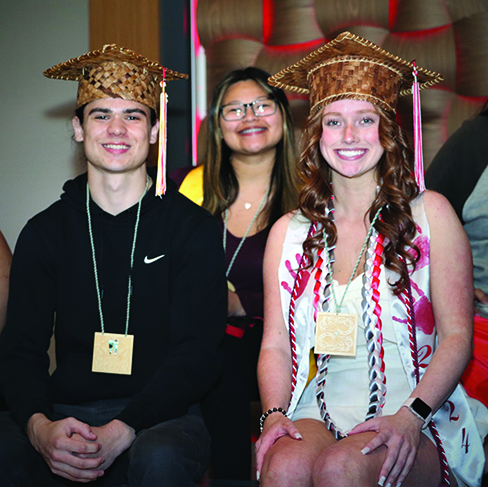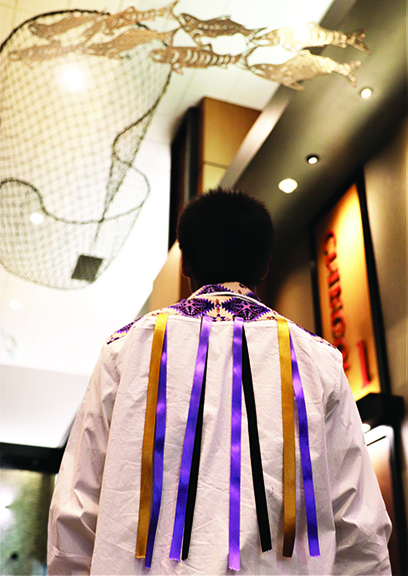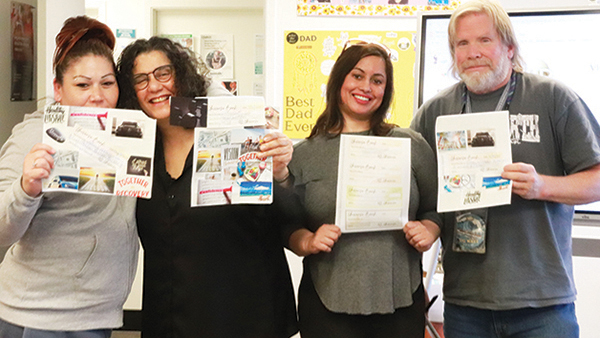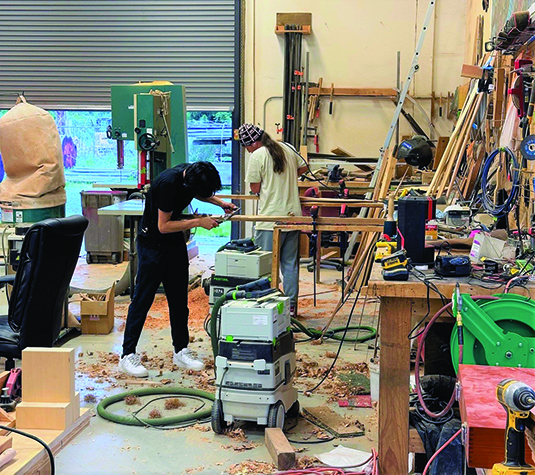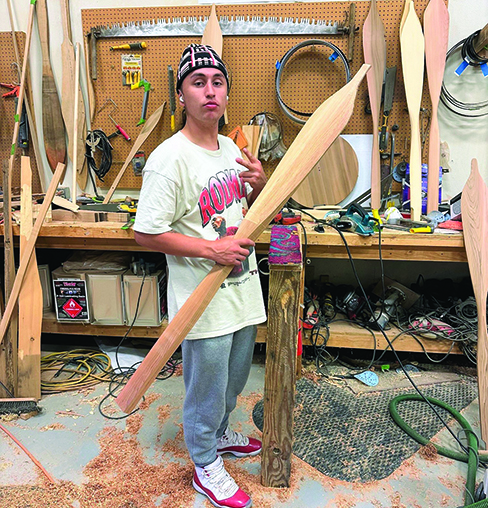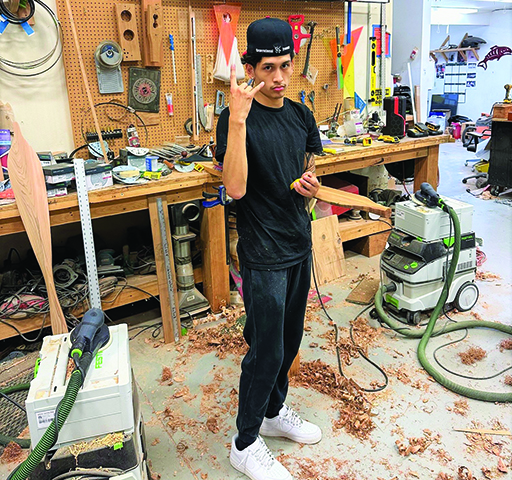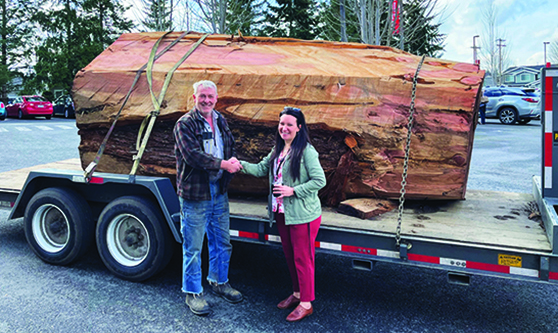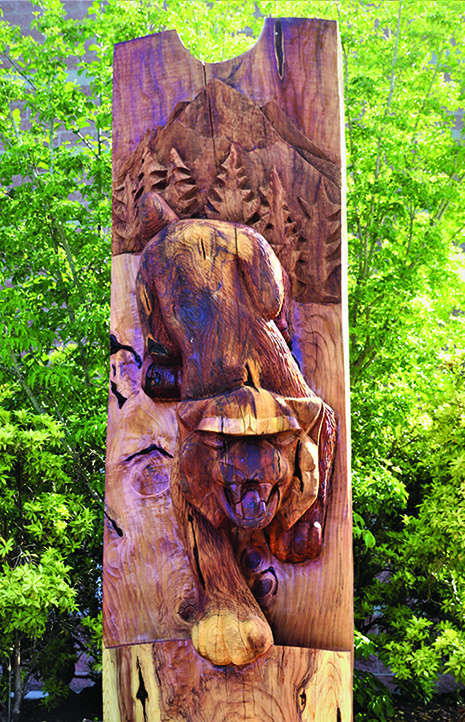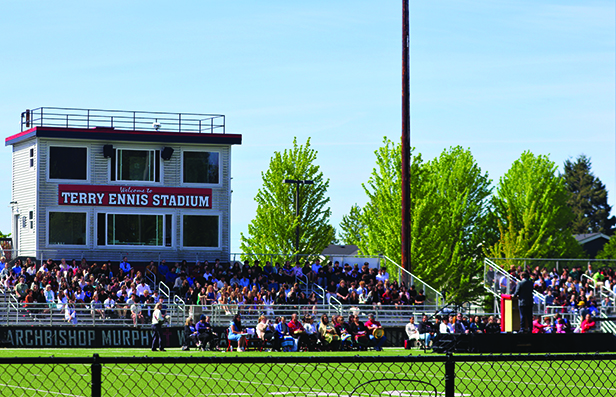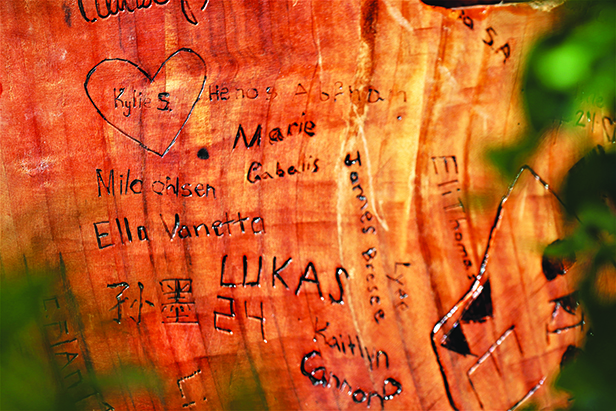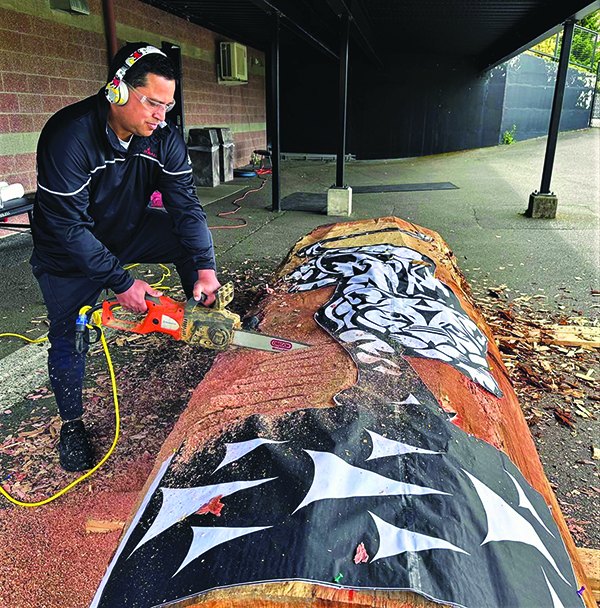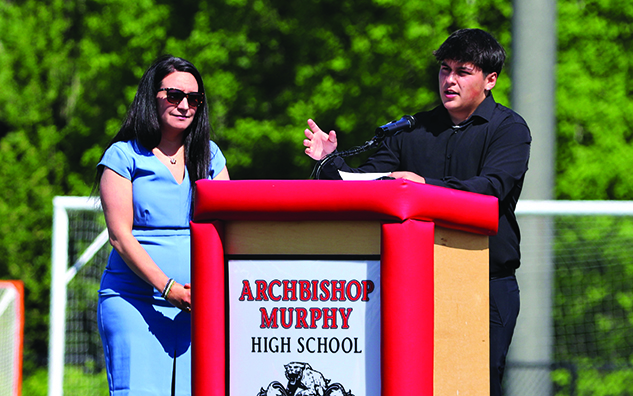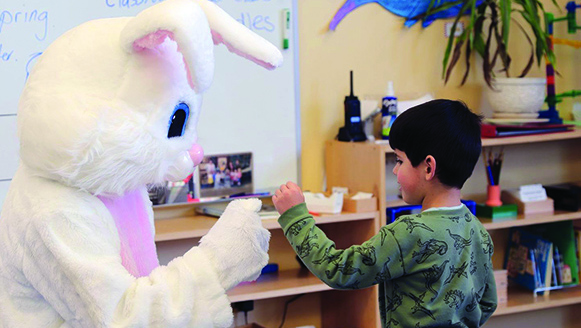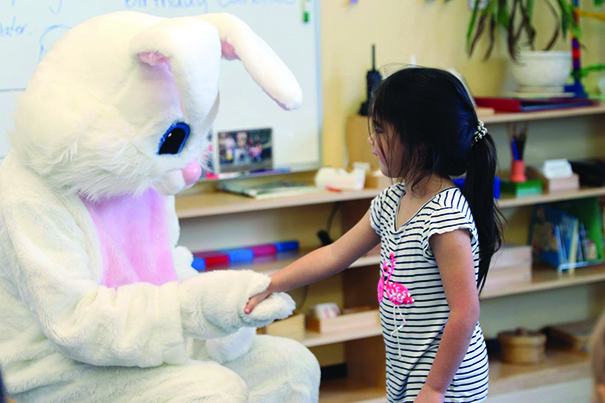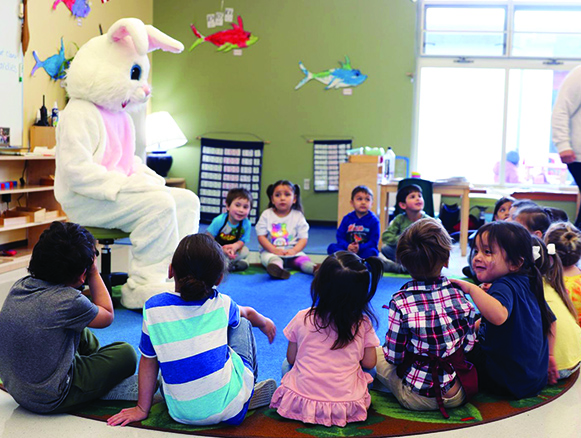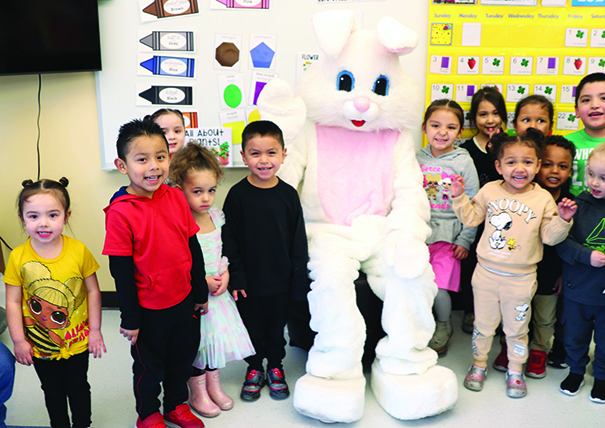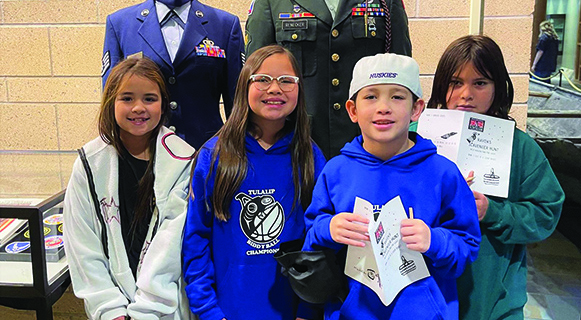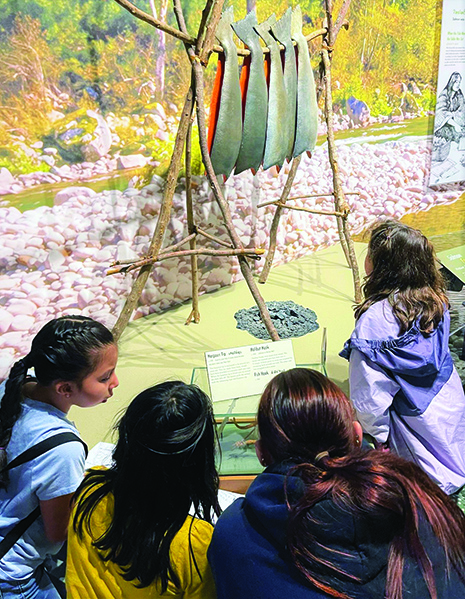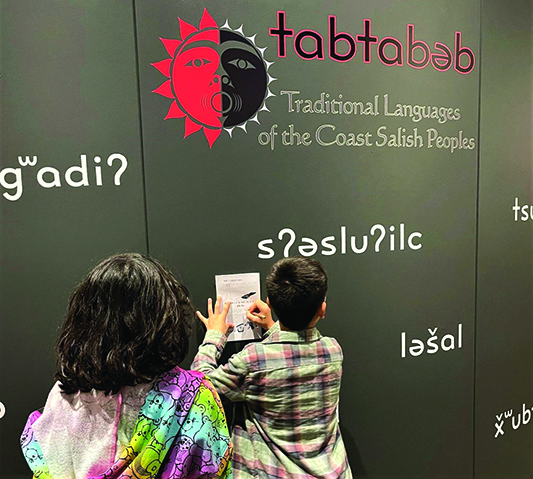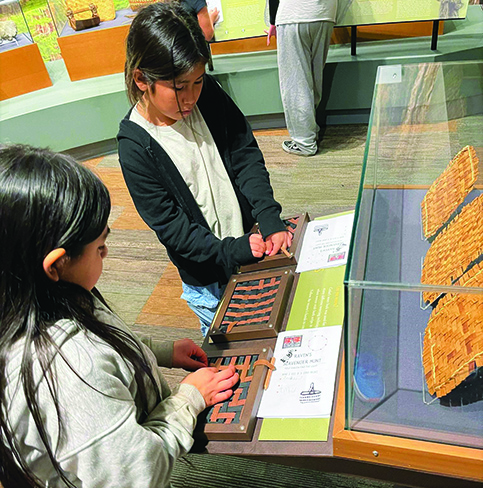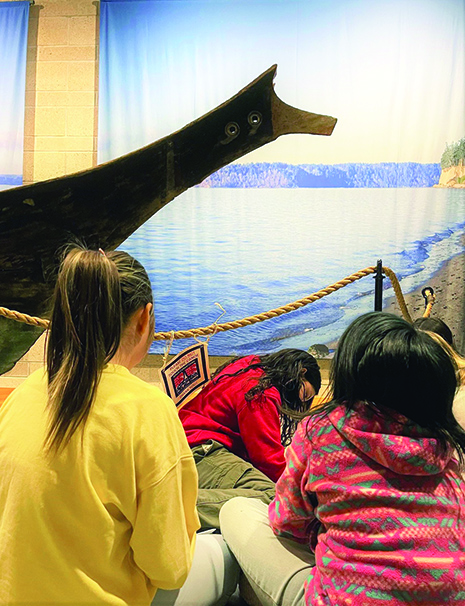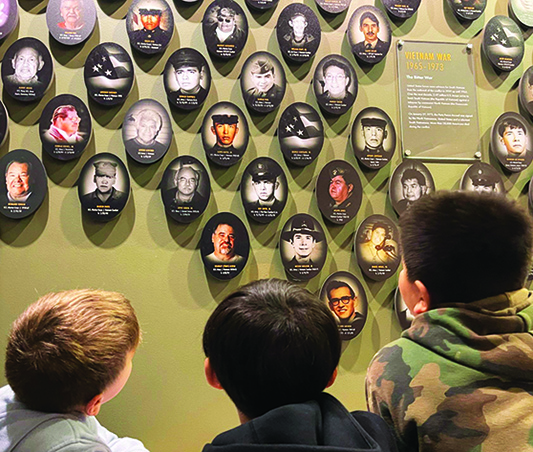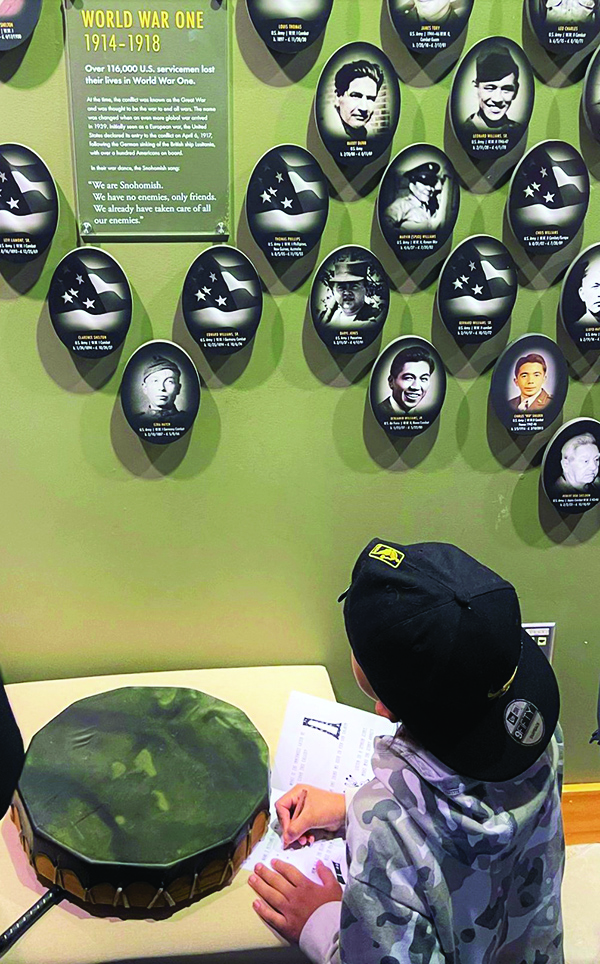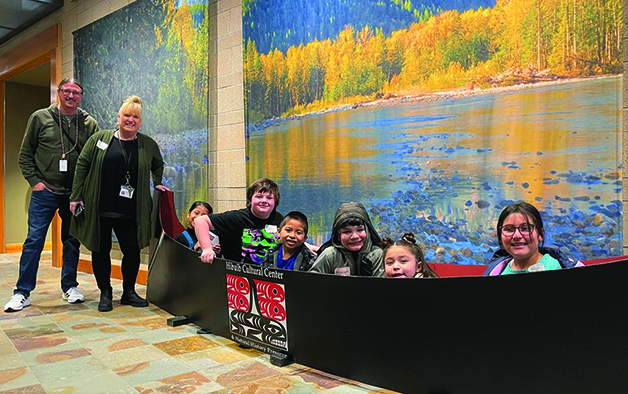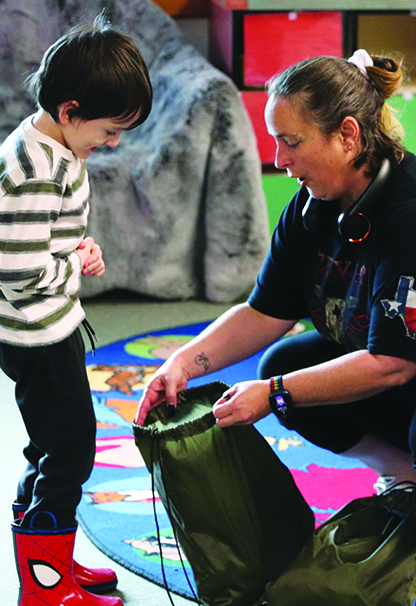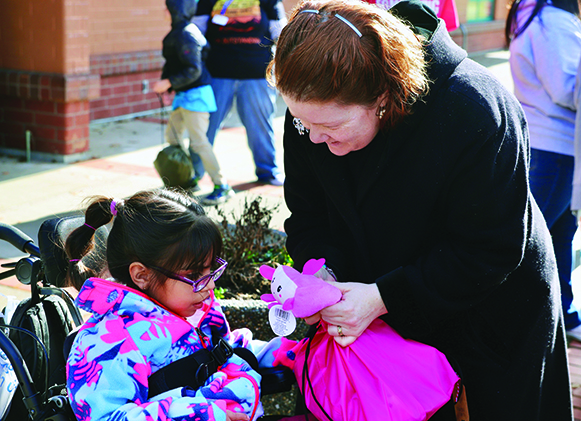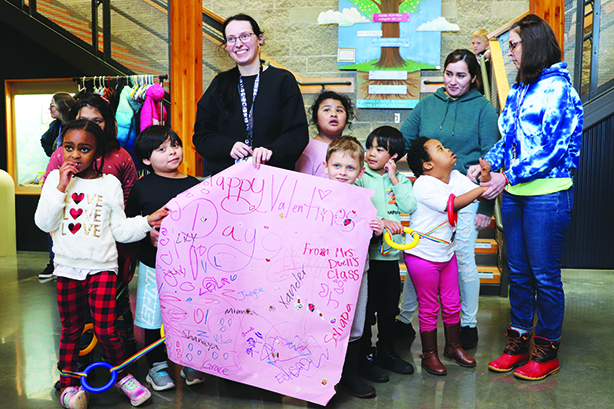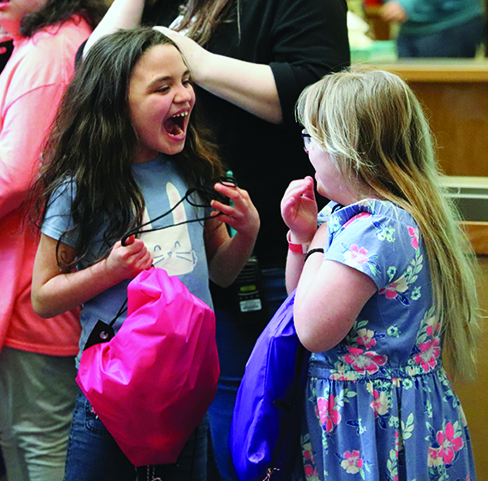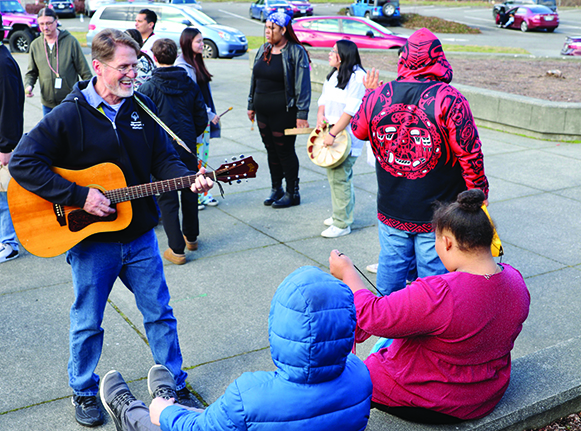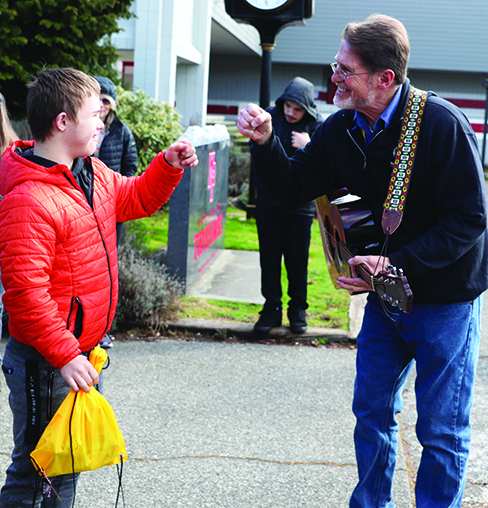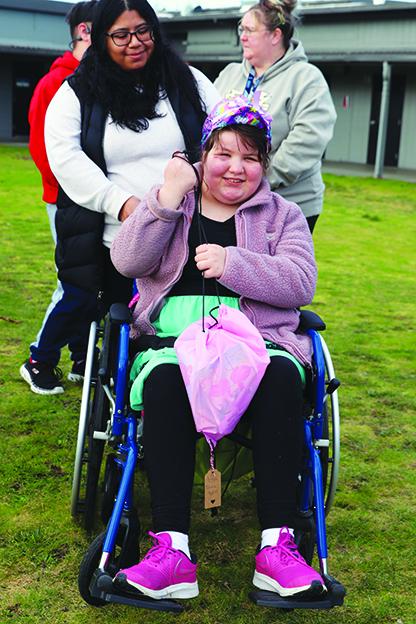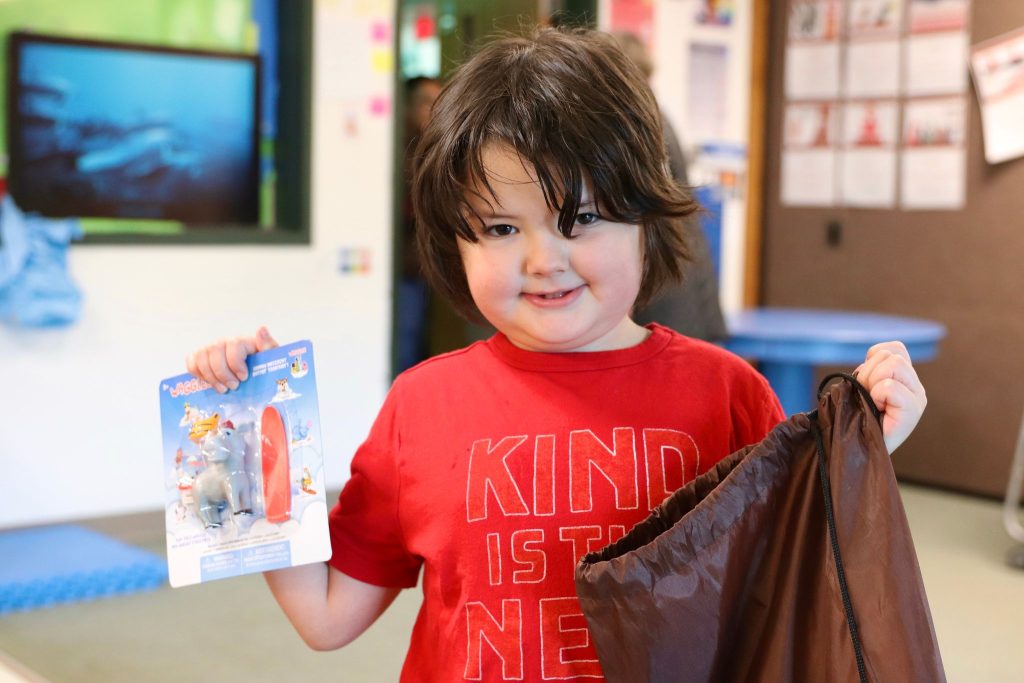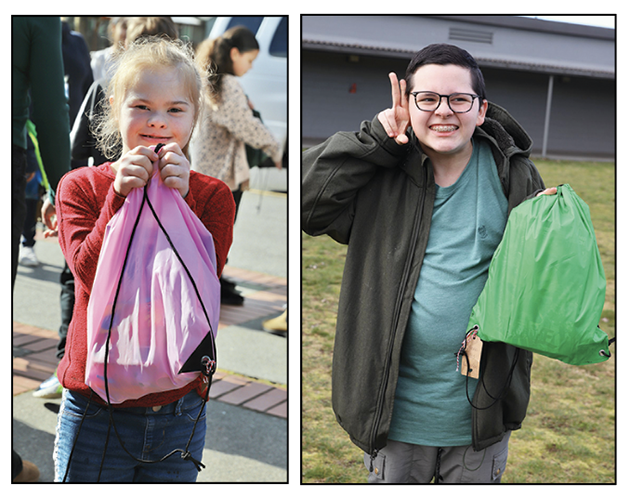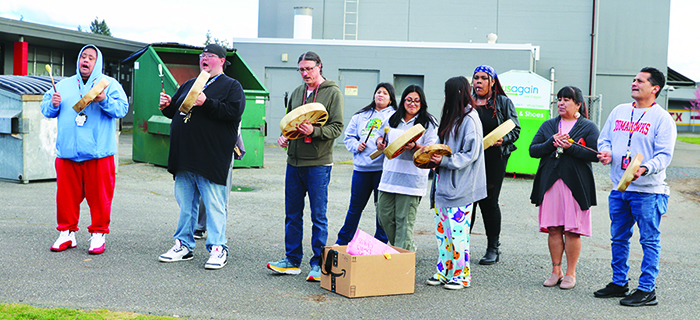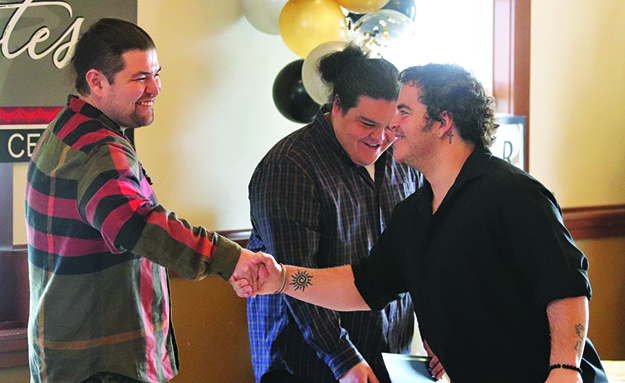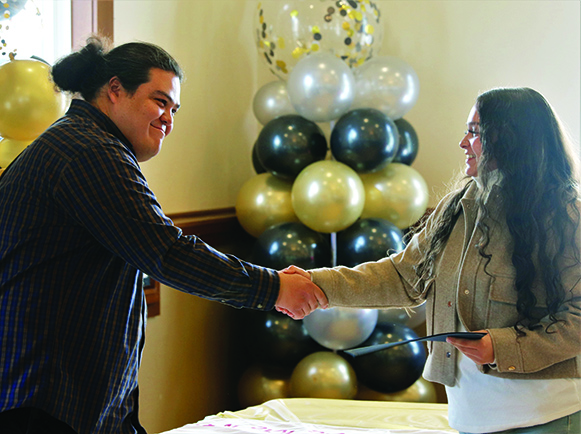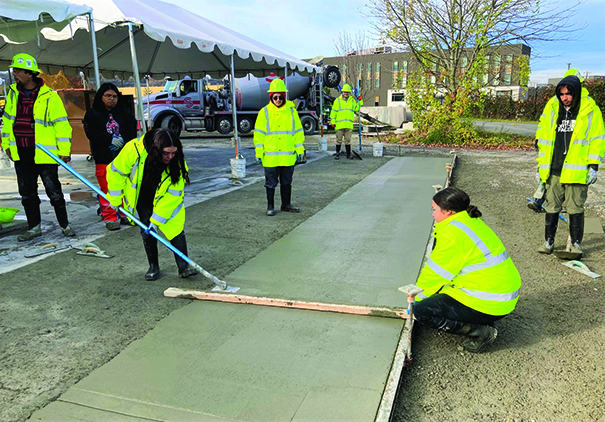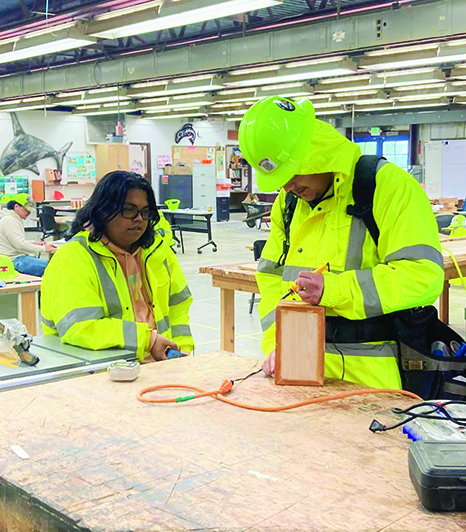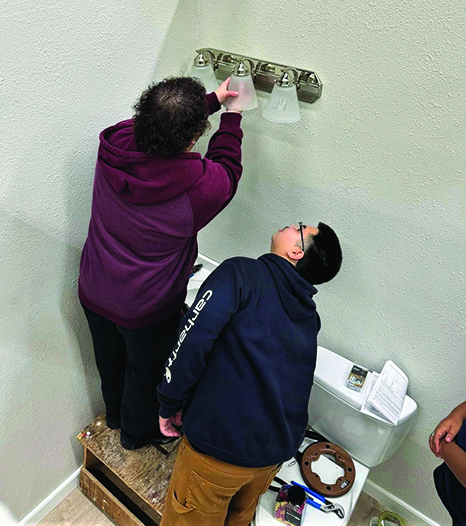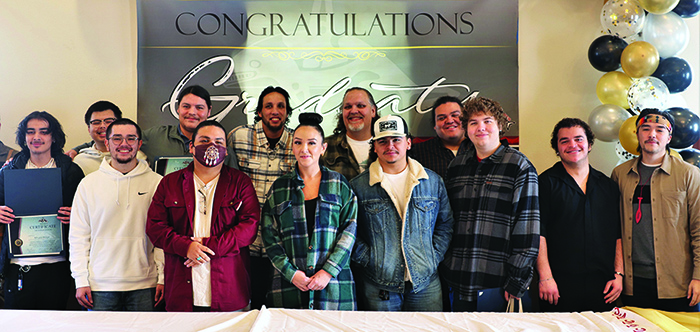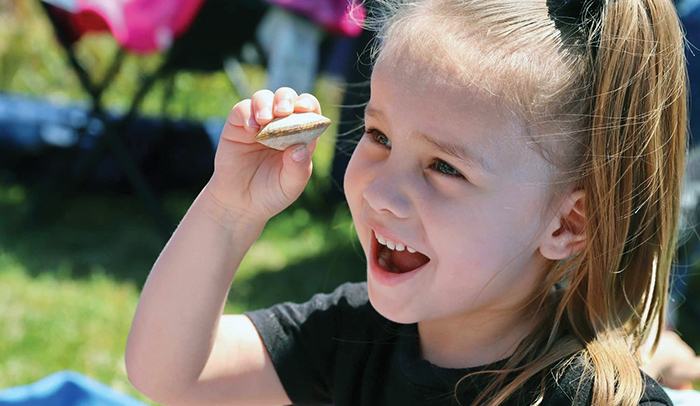
By Kalvin Valdillez, Tulalip News
“At Tulalip, our people lived all along the water in the village all around here,” explained Tulalip elder and historian, Ray Fryberg Sr., to a group of future leaders. “Our people gathered clams and cooked them right on the beach, using the fire, water, and the steam and all of these elements to cook the food. And so, we’re going to have this clambake, the way our ancestors used to cook the food a long time ago, when they lived here and traveled in canoes. I know in school you learn about our culture, you hear stories, you hear the language, the words our people spoke and that’s really important. Today, you’re going to enjoy some of the foods that belongs to us from this area.”
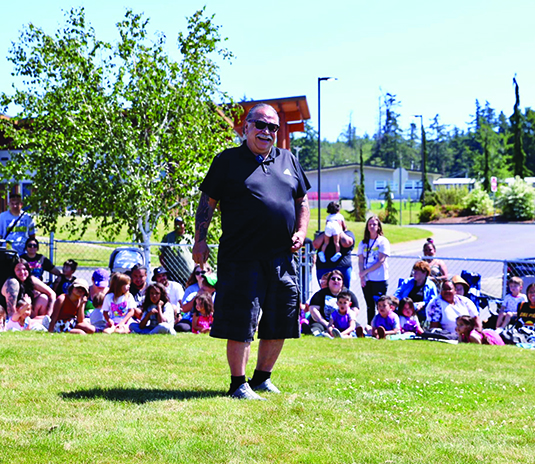
On the gorgeous morning of June 21, the young learners of the Betty J. Taylor Early Learning Academy ventured outdoors to a small field overlooking Tulalip Bay to engage in a fun and significant tradition of the Tribe. As the kiddos entered through the gates of the TELA field, they couldn’t help but marvel as steam rose into the air from a cinder block fire pit. Inside of the pit, hundreds of clams cooked slowly to perfection as the aroma of a traditional Tulalip meal filled the air and carried in the breeze throughout the Academy’s campus.
Said TELA Director, Sheryl Fryberg, “We’re so excited about our third annual clambake. It’s such a blessing to be able to share with our children, our birth to five children, and their families this way, our traditional way of life. This year we actually added salmon and oysters to further their experience with our tribal traditional food. When I was going around and asking the children to come up to the pit, so they can look at the clams, they were really excited. They were all excited to have clams again.”
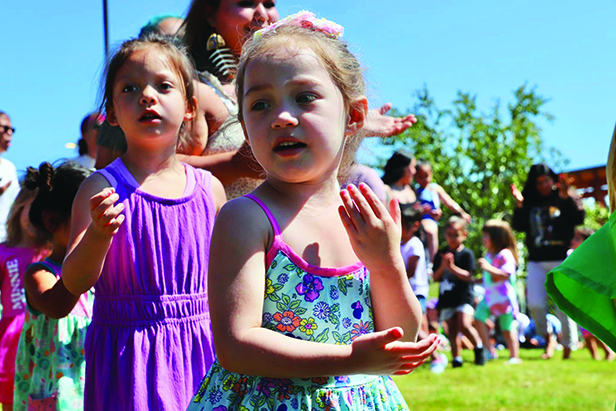
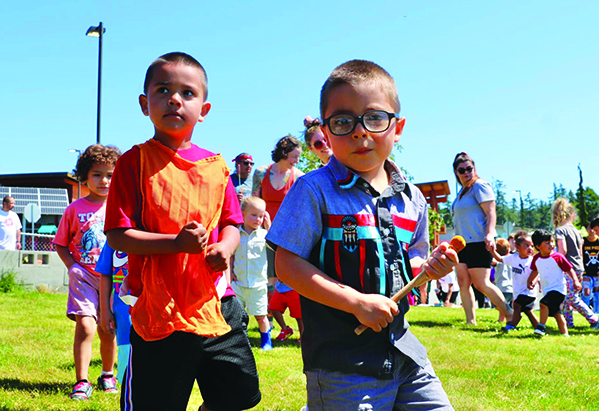
After the students found a spot to sit in the grassy field and enjoy the sunshine, Ray took the opportunity to share a traditional story about the beaver, a story passed down to him from Raymond ‘ti-at-mus’ Moses. Ray had their full attention throughout the story and had many kids laughing as they learned how the beaver got its flat tail.
While Ray shared the story, Tulalip culture bearers and brothers, Thomas and Andy Williams, were on cooking duty and tended the clams. Three years ago, when the annual clambake made its original debut at the Academy, Ray passed down the knowledge of how to prepare and execute this traditional method of cooking to Thomas and Andy. Since then, they have put that knowledge to use and have prepared the clams each year since, and plan to continue to do so for the foreseeable future.
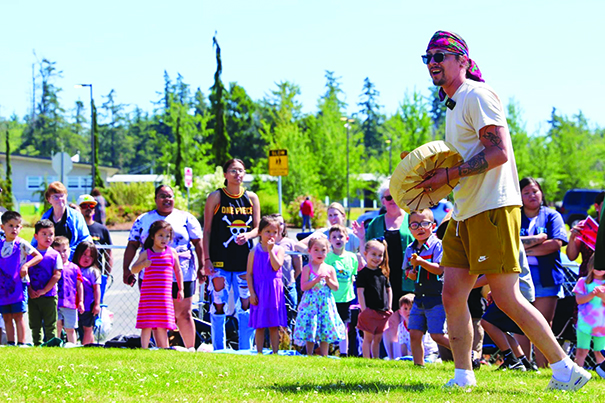
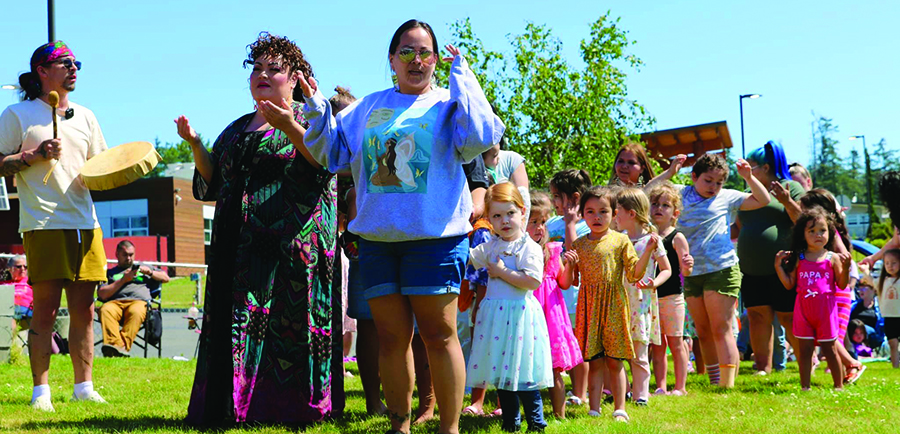
The clambake is a joint project between TELA and the Lushootseed department. Over the years, the two departments have forged a strong relationship. Working together, they have developed and implemented a cultural immersion program that introduces Tulalip’s ancestral language to the Tribe’s membership at a young age, during the critical era of early childhood brain development. Each school day, Lushootseed language warriors visit the Academy’s classrooms to impart traditional words, phrases, songs, and stories to the kids, ensuring that the language revitalization continues to thrive generations from now. In addition to helping organize the event and set up the space for the gathering, the Lushootseed language warriors also harvest essential resources needed for the clambake.
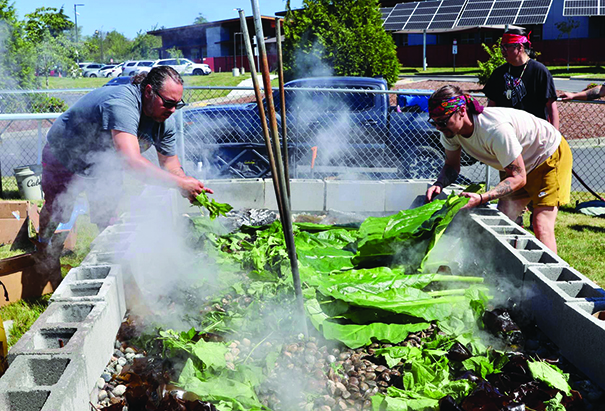
“It’s a lot of work, a lot of preparation,” shared Thomas. “It can be stressful, but when we get here and we see it all work out, it feels really good. It helps us realize that even though it seems challenging to do this style of clambake, it’s worth it when we see the kids have the experience that they’re having, because none of us experienced anything like this when we were in school. Three years ago, Uncle Ray told us everything we needed – the first thing we have to get is kelp and we have to make sure the tide’s right because it’s got to be low enough to get the kelp. Me and my coworkers from the language department went to Camano Island State Park for the kelp. Then we went to Sultan to get the thimbleberry leaves and skunk cabbage leaves. And obviously, we could get those down here, there’s some by the admin building, but that stuff’s not clean. So, the higher we go up, we alleviate that question of ‘oh is this stuff clean?’. And TELA’s able to order the clams and get the firewood, so that’s basically the essentials for the clambake.”
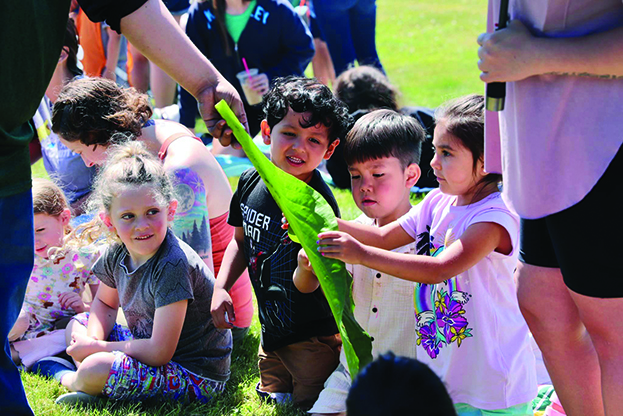
He continued, “This is important because they get to eat it and enjoy it, and it’s so much fun for them because it’s an outside activity. But they’re actually eating stuff that’s really healthy for them. They’re eating stuff that they’ll be able to harvest themselves one day, and they’ll have that understanding of food sovereignty. This is important to pass on because we didn’t really have this experience as kids, but now that we know, we’re able to fill in that gap. Every generation will fill in that gap. It’s resparking that historical knowledge. This is just one step. We’re preparing clams, but there’s a lot of resources that need to be harvested to do so. When we do the clambake, they also get to learn about kelp, thimbleberry leaves, skunk cabbage leaves. So, we might be just feeding them clams, but they’re learning holistically a bunch of our traditional ways that ties it all together.”
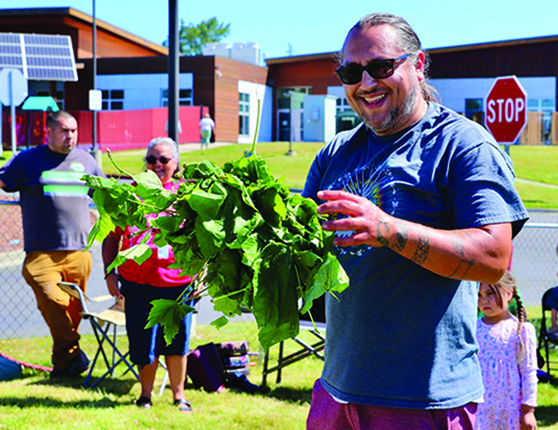
As the clams continued to steam beneath layers of kelp, thimbleberry and skunk cabbage leaves, the kids happily joined together in song and dance alongside their teachers from both the Academy and the language department. When the clams were ready, they were uncovered and scooped out of the pit. Each student received their own tray of clams and oysters, which was also accompanied by frybread and salmon, and it was all smiles as they grubbed down on the shellfish with their peers, teachers, and families.
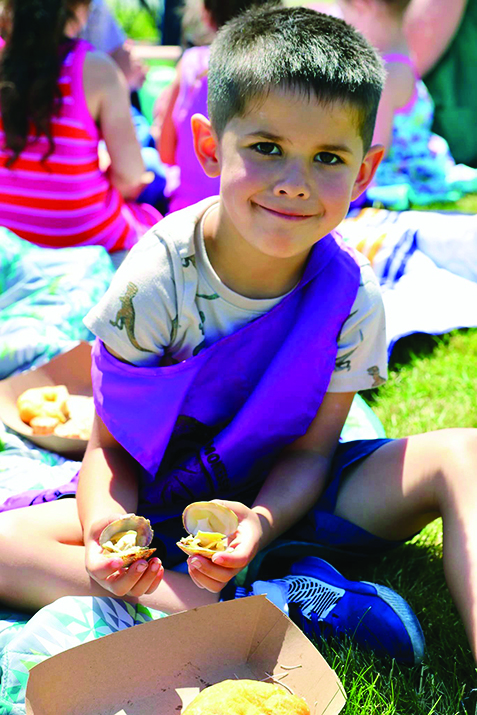
“My heart almost exploded with joy and happiness when I watched them eat their clams and salmon,” Sheryl expressed. “It’s a beautiful thing to see them have this experience. I feel blessed that we’re able to partner with the Lushootseed department to do this for the kids. We’re so grateful to all the people who we were able to accomplish this with. We had a lot of families come this year, and that’s what it’s all about – experiencing this with their kids. And it’s also about sharing the traditional songs, the language, and the stories with the children and their families. It’s so beautiful because they’re continuing to grow in their culture and spirituality.”
